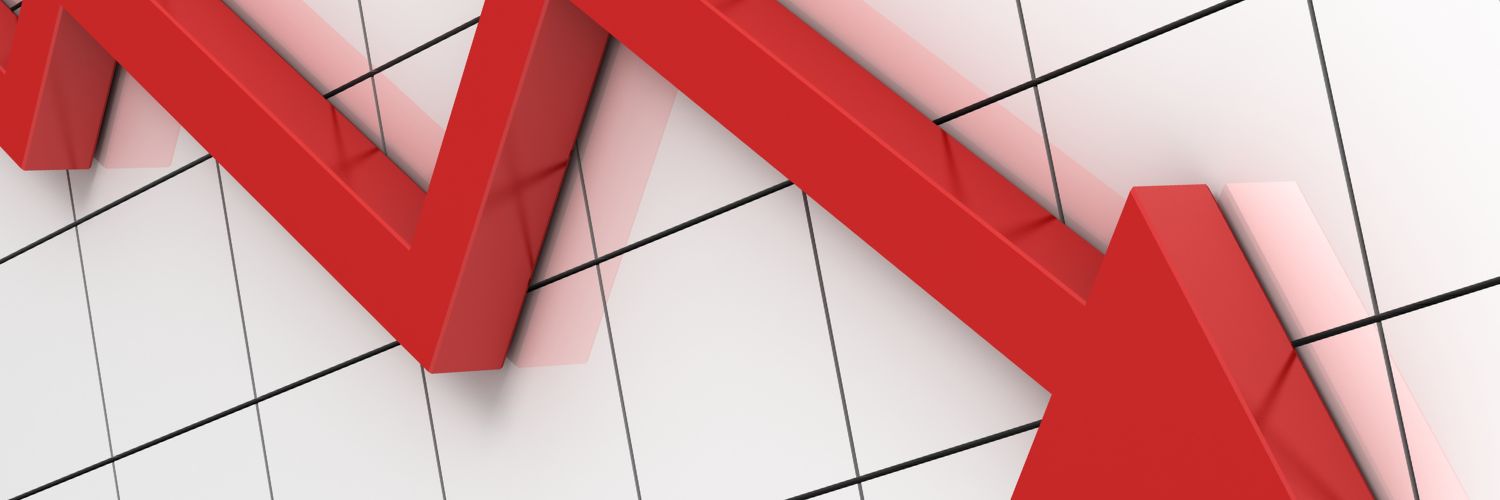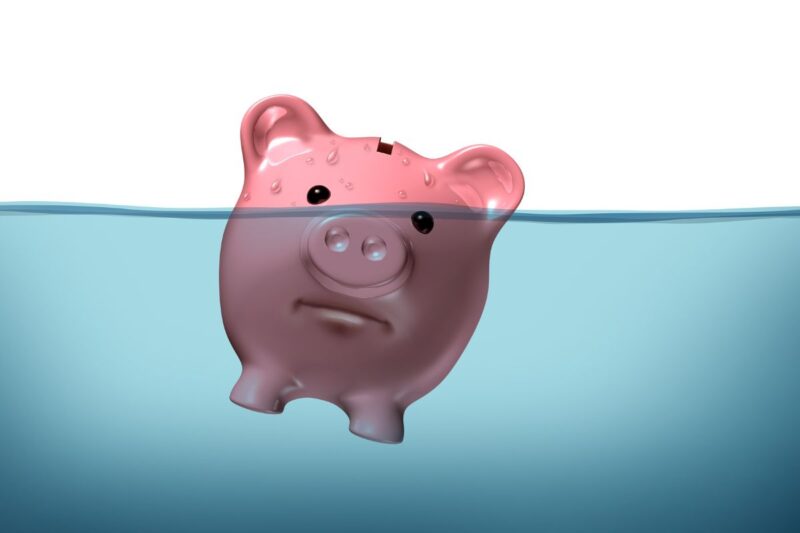

How will the eurozone recession affect us?
The euro area’s economy shrinks for the second consecutive quarter and enters into a technical recession, dragged down by the fall in German GDP. The stagnation of Europe’s main industrial engine could thus have direct consequences for the economic activity of all the countries that share the single European currency.
Not so many days ago the European authorities were still boasting that they had managed to avoid a recession despite the economic and geopolitical turbulence that Europe has suffered in recent months. Now it turns out that this was not entirely true. Eurostat has confirmed that after revising provisional numbers, the eurozone’s gross domestic product (GDP) contracted by 0.1% in the fourth quarter of 2022 and the first quarter of 2023, entering a technical recession.
Last May, the European statistics agency still pointed to positive growth in the eurozone economy for the first quarter of this year. Even so, the latest revisions of the data confirmed the contraction of the economy of the 20 eurozone member states as a whole. This is largely due to the updated figures for Germany, which closed the last quarter of 2022 with a decline of 0.5% and a contraction of 0.3% in the first quarter of this year.
This is therefore the first recession in the euro area since it suffered consecutive GDP contractions in the first and second quarters of 2020 as a result of the impact of the Covid-19 pandemic. That said, the European Union as a whole avoids recession with positive growth of 0.1%, despite the 0.2% contraction experienced between October and December last year.
Economic interdependence
The economic recession is not confined to Germany, with the economies of Ireland, Lithuania, Estonia and Hungary performing even worse, but the Teutonic country is the locomotive of the region and the trade dependence of many European countries on Germany is considerably more important. Specifically, it is the second-largest market for Spanish exports, after France, and the main foreign supplier of goods to Spain.
As the second-largest car producer in the European Union – after Germany – the Spanish car industry is highly dependent on its German partner. In addition to direct investment, we can add the entire value chain of the automotive industry, from vehicle production to the import and export of automotive components. Therefore, any disruption in the German economy and the leading European automotive market could have immediate consequences for this sector of Spanish industrial production.
On the other hand, a generalised recession in the eurozone countries, spurred on by persistent inflation and a decline in household consumption, could have a significant negative impact on an economy like Spain’s, especially when we take into account the importance of the tourist sector in the country’s GDP.
Faced with such a bleak economic scenario, it remains to be seen what the response of Brussels and the European Central Bank (ECB) will be at the monetary policy meeting to be held on 15 June: will we continue to torpedo our economies with economic sanctions that only benefit the United States? Will the ECB stop raising interest rates, or will it continue to wait for more “unexpected” results from the evolution of the economy?
If you want to discover the best option to protect your savings, enter Preciosos 11Onze. We will help you buy at the best price the safe-haven asset par excellence: physical gold.
Leave a Reply
You must be logged in to post a comment.





Interessant article, merci
Celebrem que l’hagis trobat interessant, Manel.
Gràcies!
Gràcies a tu, Joan!!!